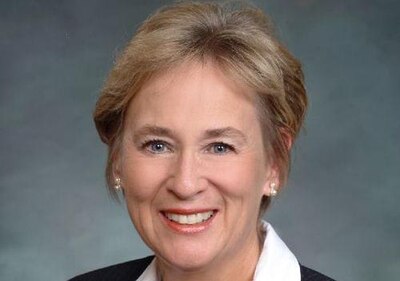Details are still being negotiated but Rep. Tom Massey, R-Poncha Springs, hopes to have House floor consideration next week of a revised school finance act, one that would reduce the proposed $250 million cut in K-12 spending to about $160 million.
Massey also confirmed Monday that he and Rep. Judy Solano, D-Brighton, are working on a late bill that would eliminate CSAP writing tests and replace some high school CSAPs with a national test. That’s also seen as a budget-related measure and also would tap into wide bipartisan dissatisfaction with the amount of time schools spend on testing.
The Monday afternoon meeting of the House Education Committee to consider Senate Bill 11-230, the school-finance measure, provided the backdrop for Massey’s two plans.
The committee passed SB 11-230 on a 7-6 vote, with panel Democrats casting symbolic no votes while praising Massey for his plans. The vote – and some symbolic and unsuccessful Democratic amendments – came after nearly three hours of testimony from teachers, administrators and other educators about the devastating effects of a $250 million cut.
The testimony was similar to remarks made during two Senate committee hearings on budget cuts, one on April 7 and the other on March 24. Indeed, many of the same witnesses appeared at all three hearings.
Massey told Education News Colorado that he hopes to shrink the $250 million down to about $160 million by taking about $20 million from the State Education Fund and then raising more than $60 million based on the assumption that on June 30, when the state fiscal year ends, revenues will be higher than projected by the March quarterly revenue forecasts. That hoped-for excess would be funneled to education. That latter device is essentially the same proposed in Senate Bill 11-001, passed by the Senate Education Committee on April 13.
Massey, who’s chair of House Education, said he’s been working with the Hickenlooper administration, which initially was opposed to taking more money from the education fund, and leaders of both houses. He said House Speaker Frank McNulty, R-Highlands Ranch, is letting him run with the idea.
“I think we have the votes” on the floor, Massey said, saying he expects support from Democrats and rural Republicans. Republicans have a one-vote majority in the 65-member House. A former school board member, Massey has 10 small districts in his Senate district and is concerned that budget cuts will fall disproportionately on small districts across the state.
He said his plan wouldn’t interfere with the broader House-Senate deal on the state budget that has passed both houses and will be cleaned up this week by the Joint Budget Committee.
CSAP bill had been expected
Massey said the CSAP bill that he and Solano are drafting would take the testing system to the minimum required by the federal No Child Left Behind law.
That would mean elimination of writing tests given in grades 3 through 10 and elimination of tests for 9th and 10th graders, replacing them with a test like the EPAS or Accuplacer. Massey said the 11th grade ACT test would be retained, and there would be reductions in some of the tests given to special education students.
Solano is the legislature’s most vocal CSAP critic and has introduced several unsuccessful bills in recent sessions to reduce the scope of the testing system.

The Department of Education traditionally is cool to any abrupt changes in CSAP testing because they would require filing paperwork with the federal government and also force adjustments to the Colorado Growth Model, which relies on multiple years of test scores to track student growth. But the Hickenlooper administration is believed to be interested in the idea, and Massey said he’s working with CDE.
Both Republican and Democratic members of House Ed made remarks critical of CSAP during Monday’s meeting.
The 2008 Colorado Achievement Plan for Kids mandates replacement of the CSAP system, but not until the spring of 2014 at the earliest.
In the meantime, because the state already has adopted new content standards, the tests given in 2012 and 2013 will be CSAPs that have been modified so that they don’t conflict with the new standards.
The department late last week started its publicity/public education campaign for what it’s calling the “TCAP” – Transitional Colorado Assessment Program (more details here from CDE).
In other action
House Ed voted 13-0 to pass Senate Bill 11-173, which is intended to encourage, but not require, school districts to improve their communications links with emergency response agencies and conduct all-hazards drills.
